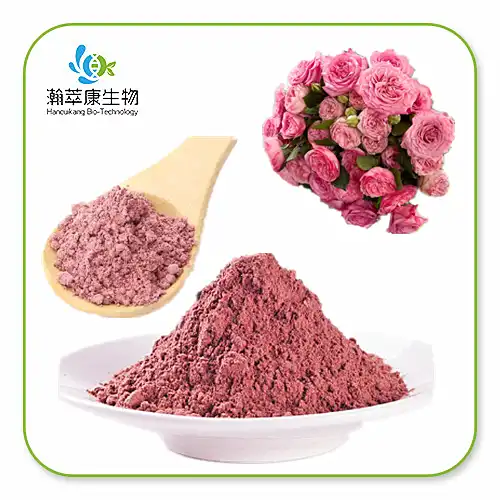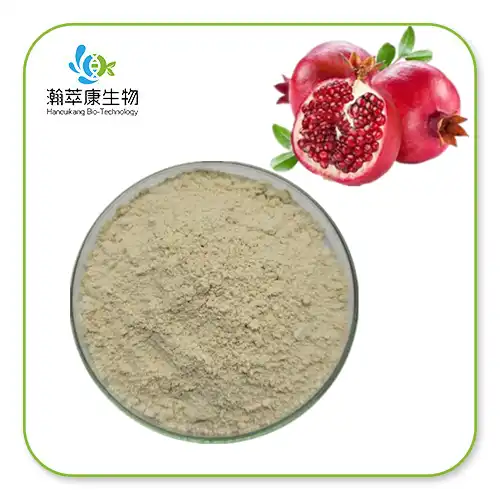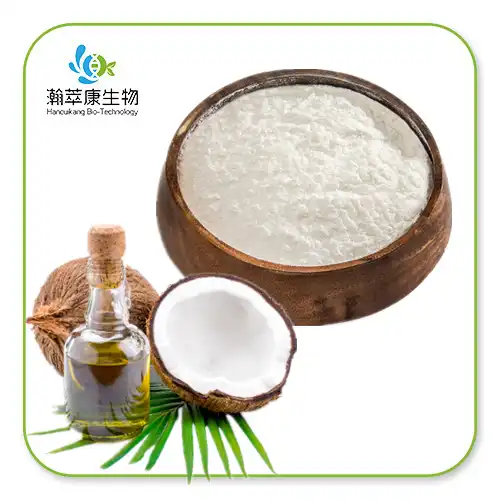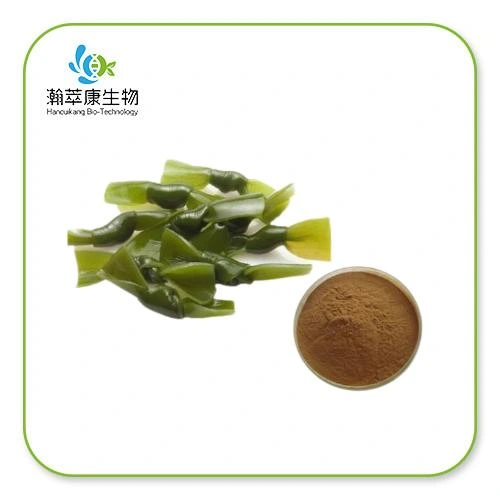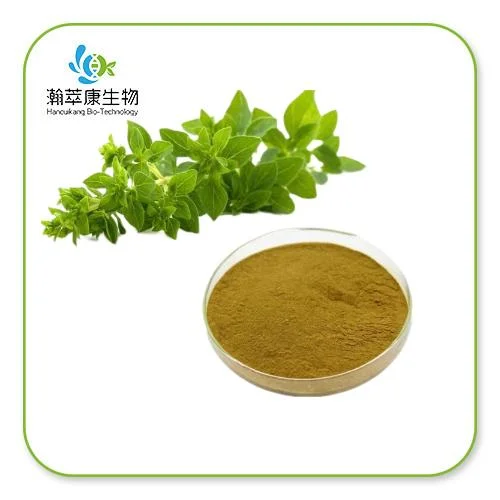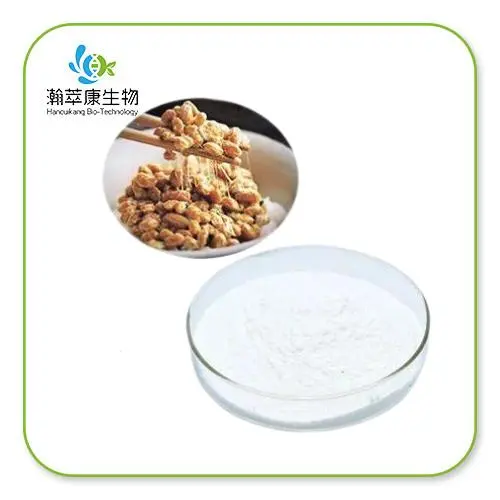What is Huperzine used for?
2024-02-20 00:00:02
What is Huperzine
Huperzine, derived from the Chinese club moss plant known as Huperzia serrata, is a natural compound that has garnered significant attention for its potential benefits in cognitive health and memory improvement. Extensive research has been conducted to explore the various uses and advantages of huperzine in the realm of neurological diseases and cognitive function. This blog post aims to delve into the wide range of benefits that huperzine offers.
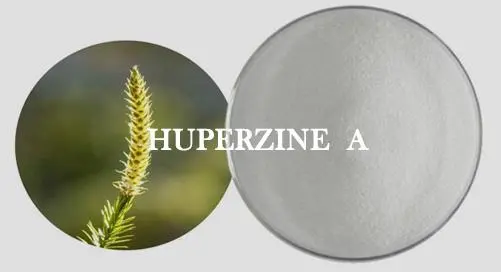
The Benefits of Huperzine
Enhancing Memory and Learning
Huperzine's capacity to further develop memory and learning has been the subject of broad exploration. Its capacity to impede the catalyst acetylcholinesterase (Hurt) is its essential method of activity. Acetylcholine (ACh) is a brain association that expects a fundamental part in intellectual ability and memory. Because AChE breaks down acetylcholine, it is less available for neuronal signaling. Husperzine raises the concentration of acetylcholine in the brain because it inhibits AChE. This further develops cell-to-cell correspondence, memory maintenance, and learning abilities.
Acetylcholine levels ascend in the cerebrum because of Huperzine's hindrance of acetylcholinesterase. This tweak of synapse levels is vital for ideal memory and learning capability. Acetylcholine interacts with a variety of receptor sites, such as the nicotinic and muscarinic receptors, which play a role in memory consolidation and cognitive processes. The expanded accessibility of acetylcholine upgrades motioning between neurons, advancing more effective memory encoding, stockpiling, and recovery, as well as further developed abilities to learn.
Huperzine's beneficial effects on memory and learning in a variety of populations have been demonstrated by research. Before participating in a memory test, healthy young adults in a study were given Huperzine or a placebo. Those who took Huperzine performed significantly better than those who took the placebo, according to the findings. Essentially, research directed on older people with gentle mental impedance showed that Huperzine worked on their memory and abilities to learn.
The mental improving impacts of Huperzine can be credited to its capacity to expand the declaration of mind inferred neurotrophic factor (BDNF), a protein that advances the development and endurance of neurons.BDNF plays a significant role in regulating synaptic plasticity, also known as the brain's capacity to change and adapt in response to new experiences. By enhancing synaptic plasticity and facilitating the formation and consolidation of memories, Huperzine enhances memory and learning abilities.
Protecting Brain Health
In addition to its cognitive-enhancing properties, Huperzine demonstrates the potential to preserve brain health. As per exploration, irritation and oxidative pressure in the cerebrum can prompt neurodegenerative illnesses like Alzheimer's and dementia. Huperzine's neuroprotective properties demonstrate the way that it can lessen oxidative pressure and provocative reactions in the mind.
When there is a discrepancy between the body's ability to detoxify receptive oxygen species (ROS) and their production, this is known as oxidative pressure. Ludicrous ROS creation can hurt cell parts, including proteins, lipids, and DNA, inciting cell end and tissue hurt. Humerzine diminishes oxidative pressure by reinforcing the body's cell reinforcement protections and killing receptive oxygen species (ROS).
Although chronic inflammation can have negative effects on brain health, inflammation is the body's response to injury or infection. Huperzine has been found to have calming properties, lessening the creation of supportive of provocative atoms and alleviating the fiery reaction in the mind.
Huperzine's neuroprotective effects have been demonstrated in animal studies. In one review, rodents were treated with Huperzine prior to being presented to a poison that prompts oxidative pressure. The outcomes exhibited that Huperzine diminished oxidative harm in the cerebrum and worked on mental execution. One more review directed on rodents with Alzheimer's illness like side effects showed that Huperzine diminished irritation in the mind, safeguarding against neurodegeneration.
Potential Treatment for Mental Disorders
Huperzine has shown guarantee as an expected treatment for psychological instabilities like schizophrenia and gloom. Even though the precise mechanisms underlying these effects are not fully understood, there are a number of factors that contribute to its potential therapeutic benefits. Huperzine's capacity to diminish oxidative pressure, lessen irritation in the mind, and increment the declaration of cerebrum determined neurotrophic factor (BDNF) are instances of these elements.
Unresolved sadness, hopelessness, and a lack of interest in activities are all symptoms of depression, a common mental illness. Huperzine may have stimulant effects, according to research, by expanding the expression of BDNF, which promotes neuronal development and flexibility. Since BDNF is necessary for neurons to survive and function, it has been linked to the pathophysiology of depression. By further developing BDNF levels, Huperzine could maintain neuroregeneration, work with the course of action of new cerebrum affiliations, and potentially diminish secondary effects related with demoralization.
A serious mental problem, schizophrenia can change an individual's contemplations, sentiments, and way of acting in various ways. Some of its symptoms include delusions, hallucinations, and disorganized thinking. Oxidative pressure and aggravation have been connected to the beginning and movement of schizophrenia, yet the specific reason is at this point unclear. Huperzine's ability to reduce oxidative stress and inflammation in the brain may influence its potential antipsychotic effects. Huperzine may be able to alleviate some of the side effects of schizophrenia by relieving these cycles, which may also aid in the development of mental capacity.
Huperzine's potential to treat mental disorders has been supported by preliminary animal studies. Huperzine administration, for instance, improved behavioral outcomes and increased BDNF expression in the hippocampus, a brain region involved in mood regulation and memory, in a study on rats with depression-like symptoms. Huperzine treatment improved cognitive deficits and reduced oxidative stress markers in animal models of schizophrenia.
While these discoveries are promising, it is essential to take note of that creature studies can't straightforwardly mean human adequacy. To determine Huperzine's safety, efficacy, and optimal dosage for mental disorders, additional research is required, particularly in human clinical trials. It is essential to investigate how Huperzine might interact with other treatments for these conditions in order to guarantee that it works effectively and does not cause any adverse effects.
Conclusion
In conclusion, the potential cognitive-enhancing effects, neuroprotective properties, and application in the treatment of mental disorders of Huperzine have been the subject of extensive research. Its capacity to hinder Hurt and increment the degree of acetylcholine in the mind prompts upgraded memory maintenance and further developed learning skills.It could be used to treat and prevent neurodegenerative diseases due to its neuroprotective properties. It appears as though it very well may be utilized to deal with psychological maladjustments like schizophrenia and despondency, however more exploration is required.
Huperzine is a natural compound with great potential for cognitive function enhancement and brain health preservation, making it a promising candidate for future research and development.
Contact Us for Premium Huperzine
We are here to assist you if you are interested in learning more about the advantages of Huperzine. Hancuikang is a reputable supplier of premium Huperzine supplements. We guarantee that our products meet the highest quality and efficacy standards thanks to an experienced R&D team, a substantial inventory, and sufficient reserves. Our brief transportation and get bundling guarantee that your request will show up in wonderful condition. To learn more about our Huperzine products, get in touch with us right away at fxu45118@gmail.com.
References
Wang, R., Yan, H., Tang, X. et al. Huperzine A as potential treatment of Alzheimer's disease: an assessment on chemistry, pharmacology, and clinical studies. Chem. Biodivers. 8, 1189–1204 (2011). doi.org/10.1002/cbdv.201000269
Zangara, A. The psychopharmacology of huperzine A: an alkaloid with cognitive enhancing and neuroprotective properties of interest in the treatment of Alzheimer's disease. Pharmacol. Biochem. Behav. 75, 675–686 (2003). doi.org/10.1016/s0091-3057(03)00111-4
Qian, Z.M., Ke, Y. Huperzine A: Is it an Effective Disease-Modifying Drug for Alzheimer’s Disease? Front. Aging Neurosci. 11, 86 (2019). doi.org/10.3389/fnagi.2019.00086

